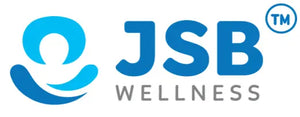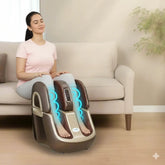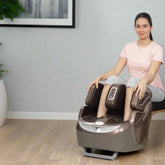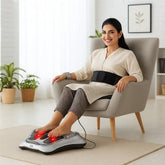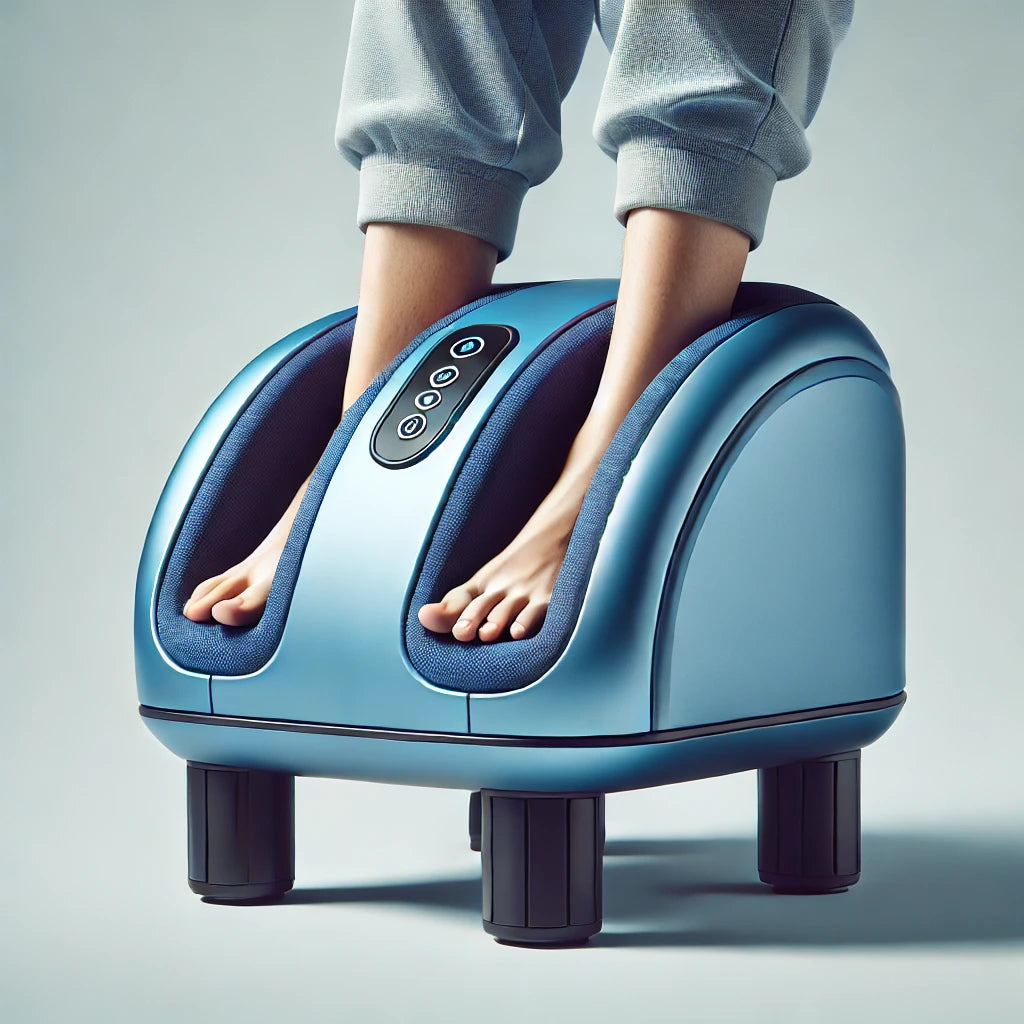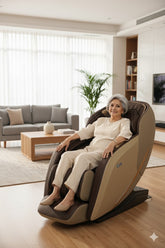In the pursuit of overall wellness and fitness, calf muscles often get overlooked despite playing a crucial role in our daily activities. Calf massages offer numerous benefits, from improving circulation to enhancing muscle recovery. In this blog, we will explore the various advantages of calf massages and why incorporating them into your wellness routine can lead to significant health improvements.
Understanding the Calf Muscles
Anatomy of the Calf The calf comprises two main muscles: the gastrocnemius and the soleus. These muscles are essential for activities such as walking, running, and jumping. They also play a key role in maintaining balance and stability.
Common Issues with Calf Muscles Calf muscles are prone to tightness, cramps, and injuries due to various factors like prolonged standing, intense physical activity, or inadequate stretching. Addressing these issues through calf massage can enhance overall leg health.
Top Benefits of Calf Massage
- Improved Circulation
Calf massages stimulate blood flow, which is vital for muscle health. Enhanced circulation ensures that oxygen and nutrients reach the muscles more efficiently, promoting healing and reducing fatigue.
- Relief from Muscle Tension and Soreness
Calf massages help release muscle tension and alleviate soreness. This is particularly beneficial for athletes or individuals who engage in strenuous physical activities.
- Prevention of Muscle Cramps
Regular calf massages can prevent muscle cramps by improving blood flow and reducing muscle stiffness. This is especially helpful for people who experience frequent cramps due to dehydration or mineral deficiencies.
- Enhanced Flexibility and Range of Motion
By reducing muscle tightness, calf massages improve flexibility and increase the range of motion. This can enhance performance in physical activities and reduce the risk of injuries.
- Accelerated Muscle Recovery
Post-workout calf massages can speed up muscle recovery by flushing out metabolic waste products and reducing inflammation. This helps in quicker recovery and prepares the muscles for the next workout session.
- Stress Relief and Relaxation
Calf massages can also provide overall relaxation and stress relief. The calming effect of a massage can reduce stress hormones and promote a sense of well-being.
- Alleviation of Edema
For individuals suffering from edema (swelling caused by fluid retention), calf massages can help reduce swelling by encouraging lymphatic drainage.
Using a Calf Massager for Maximum Benefit
Incorporating a calf massager into your routine can make the process more effective and convenient. Calf massagers are designed to provide consistent pressure and rhythmic movements, enhancing the benefits of a traditional massage. Here’s how to make the most of a calf massager:
- Effleurage (Gliding Strokes)
Start with gentle gliding strokes along the length of the calf muscle to warm up the area and improve blood circulation. Many calf massagers offer settings that mimic this technique.
- Petrissage (Kneading)
Use kneading motions to work deeper into the muscle, breaking down knots and relieving tension. Calf massagers with rotating nodes can effectively replicate this action.
- Deep Tissue Massage
For a more intensive massage, select a higher intensity setting on your calf massager to target deeper muscle layers and release chronic tension.
- Trigger Point Therapy
Focus on specific tight or painful points in the muscle by applying targeted pressure. Advanced calf massagers are designed to address these trigger points with precision.
- Consistency and Routine
For the best results, use your calf massager regularly as part of your wellness routine. Consistency is key to reaping the long-term benefits of calf massage.
How to Perform a Calf Massage at Home
- Warm-Up
Begin by warming up the muscles. You can do this by lightly jogging in place or using a warm towel to increase blood flow to the area.
- Use Massage Oil or Lotion
Apply a suitable massage oil or lotion to reduce friction and enhance the massage experience. This helps in smooth gliding of hands over the skin.
- Start with Effleurage
Begin with gentle gliding strokes to warm up the muscles. Use both hands to massage the entire length of the calf, from the ankle to the knee.
- Move to Petrissage
After warming up, use kneading motions to work deeper into the muscle. Focus on areas that feel particularly tight or sore.
- Apply Deep Tissue Techniques
If comfortable, apply deeper pressure using your thumbs or knuckles. Be mindful of not applying too much pressure to avoid discomfort.
- Finish with Effleurage
End the massage with gentle effleurage strokes to soothe the muscles and promote relaxation.
- Stretch
Follow the massage with gentle stretching exercises to further enhance flexibility and muscle relaxation.
When to Seek Professional Help
While self-massage and the use of calf massagers can be effective, there are times when seeking professional help is advisable:
- Persistent Pain: If you experience persistent or severe pain, consult a healthcare professional or a licensed massage therapist.
- Injuries: For muscle injuries or conditions like deep vein thrombosis, avoid self-massage and seek professional advice.
- Special Conditions: If you have any medical conditions that could be affected by massage, consult with a healthcare provider before starting any massage therapy.
FAQs
- How often should I use a calf massager?
This depends on your activity level and specific needs. Athletes or individuals with high physical activity may benefit from more frequent massages, while others may find once or twice a week sufficient.
- Can calf massages help with running performance?
Yes, regular calf massages can improve flexibility, reduce muscle tension, and enhance recovery, which can collectively improve running performance.
- Are there any risks associated with calf massages?
While generally safe, avoid deep massage on areas with varicose veins, open wounds, or severe injuries. Always consult a professional if unsure.
- Can I use a massage device for calf massages?
Yes, massage devices like handheld massagers or foam rollers can be effective for calf massages. Ensure to follow the manufacturer’s instructions and use them appropriately.
- What should I do if I feel pain during a calf massage?
If you experience pain, reduce the pressure and switch to gentler techniques. Persistent pain should be addressed by a healthcare professional.
Conclusion
Calf massages offer numerous benefits that can significantly improve your overall health and well-being. By incorporating regular calf massages into your wellness routine, you can enhance muscle recovery, improve circulation, and reduce stress. Whether performed at home using a calf massager or by a professional, calf massages are a simple yet effective way to maintain healthy and happy legs. Start including calf massages in your routine today and experience the myriad of benefits they have to offer.
